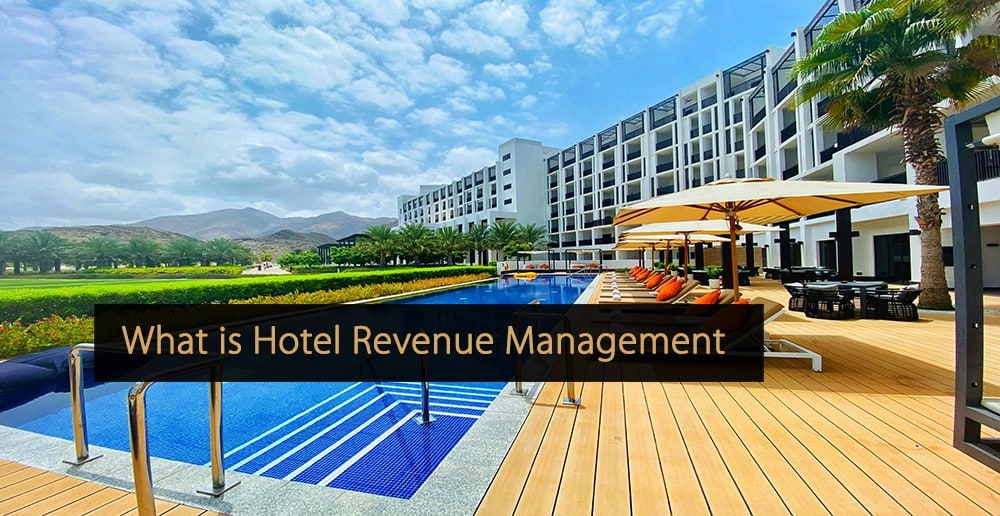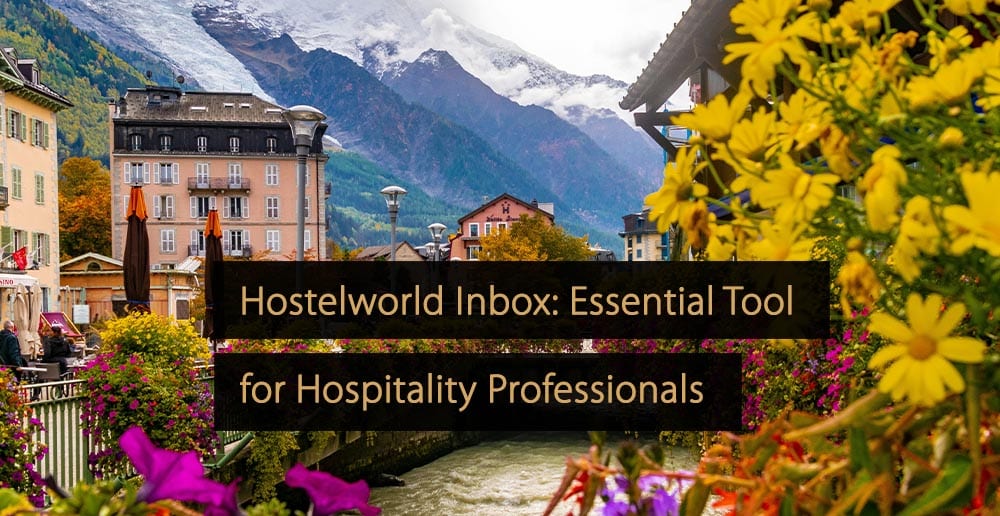
Are You Forecasting Right? Tips to Optimize Your Hotel Revenue
Running a hotel without forecasting is like driving without a map—you might eventually get there, but not without many unnecessary detours. Forecasting isn’t just for big hotel chains—the independent properties stand to gain the most from a clear picture of what’s ahead. Let’s explore how forecasting can help you to stay one step ahead and turn insights into revenue. What is Hotel Forecasting? Think of forecasting as your property’s crystal ball. Just as weather forecasts
Hotel Budget: Effective Budgeting Tips for Hoteliers
Establishing a hotel budget involves estimating revenue and expenditure over a defined period and establishing rules about how much money is available based on various factors, including changes in customer demand. In this article, you can access some effective budgeting tips for your hotel. Table of Contents: What Is the Hotel Industry? What Is Hotel Revenue Management? Why Is it Important to Strategize Your Hotel Budget? 7 Tips to Boost Your Hotel Budget Strategy 1.
Top Tools For Streamlining Customer Interactions In Restaurants
Smooth and efficient customer interaction is essential for running a successful restaurant. Guests expect personalized service, convenient options, and timely responses at every stage of their dining experience. Modern technology has changed how restaurants connect with customers, making interactions faster and more convenient. From digital engagement to automated responses, the right tools can enhance service quality and reduce operational strain. Meeting customer expectations goes beyond great food—it requires seamless communication and efficient processes. Businesses that
Successful Restaurant Revenue Management Strategies in 2026
Getting your restaurant revenue management strategy right can be critical for your business's success. In this article, you'll learn everything you need to know about revenue management: what it is, what it can do for your business, and how to craft and implement the perfect strategy. You'll also discover key tactics and ways to apply them to your restaurant. Table of Contents: What Is the Restaurant Industry? What Is Revenue Management? Why Is Restaurant Revenue
Is Your Pre-Arrival Communication Generating Revenue? Track It.
Pre-arrival communication shapes the guest experience long before check-in, but are you measuring its real impact? Too often, hoteliers stop at vanity metrics like open rates and clicks. Those numbers may look good on paper, but they reveal little about guest satisfaction, loyalty, or revenue. The real opportunity lies in tracking the KPIs that show whether your messages are building trust, driving upsells, and bringing guests back. By digging deeper into the right pre-arrival metrics, you can transform guest engagement from a nice-to-have into a measurable revenue driver. That’s exactly what you’ll learn in this article. Why Traditional Pre-Arrival Metrics
23 Revenue Management Strategies to Grow Your Hotel Business in 2026
For hotel owners looking to grow their business, a robust revenue management strategy is of the utmost importance, helping to optimize business results. However, under the broader revenue management umbrella, many smaller strategies can help to facilitate growth. In this article, you'll find 23 revenue management strategies that hotel industry employees can employ to achieve this ultimate objective in 2026. Table of Contents What Is Revenue Management? 23 Revenue Management Strategies to Grow Your Hospitality
What Is Hotel Revenue Management?
For those operating in the hotel industry, revenue management is a key concept, as it enables hotel owners to predict levels of demand and optimize things like distribution and pricing in order to maximize financial results. In this article, you will learn more about hotel revenue management, why it is so valuable to hotel owners, and the necessary conditions for implementing a hotel revenue management strategy. Table of Contents: What is Hotel Revenue Management? Necessary
Inbound Tour Operators: Strategic Alliance for Hotel Growth
Inbound tour operators are key players in the international travel and hospitality industry. Tourists use these services to make sure their international trips live up to their dreams. Meanwhile, the hospitality sector ensures the same by working with inbound tour operators, expanding their base into the international sector at the
Hotel Rooming List: Essential Guide for Efficient Guest Management
A hotel rooming list is a document which outlines accommodation arrangements for group bookings. It will include names, room assignment details, arrival and check-out dates, special requirements and more. Rooming lists are important for helping hotels to prepare for a group arrival and maintain guest satisfaction. Group bookings may be
Hostelworld Inbox: Essential Communication Tool for Hospitality Professionals
Hostelworld Inbox is a central hub for managing bookings and communicating with guests via the Hostelworld platform. Hostelworld itself is a global distribution channel for hostels and similar accommodation businesses. For those in the industry, Hostelworld Inbox provides a valuable way to manage bookings made through the platform. It allows










